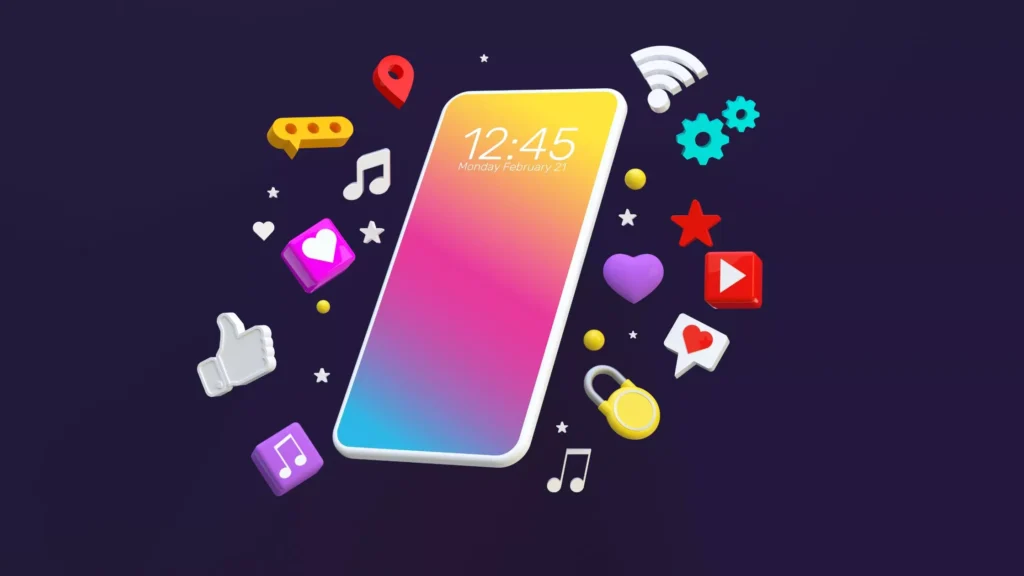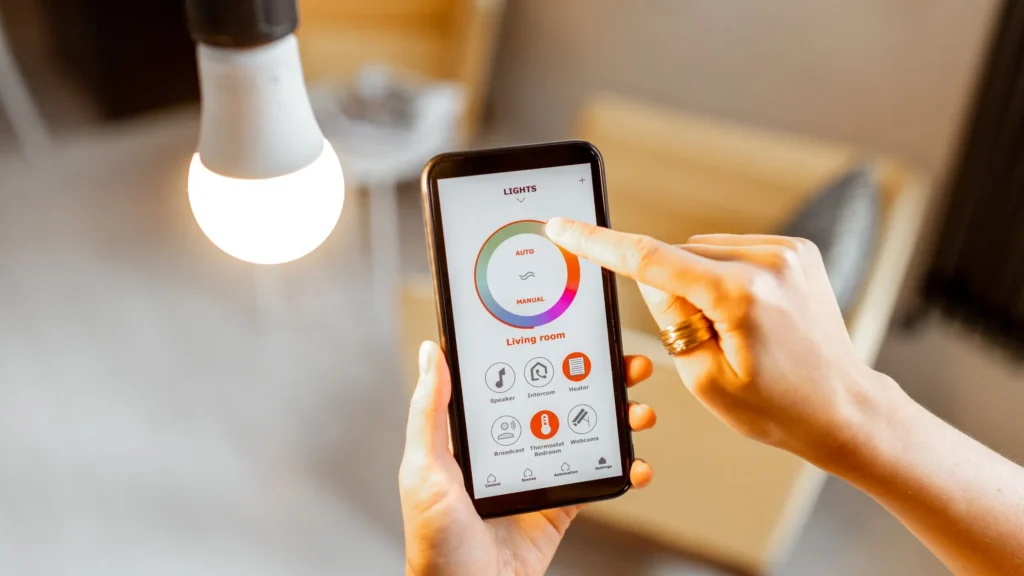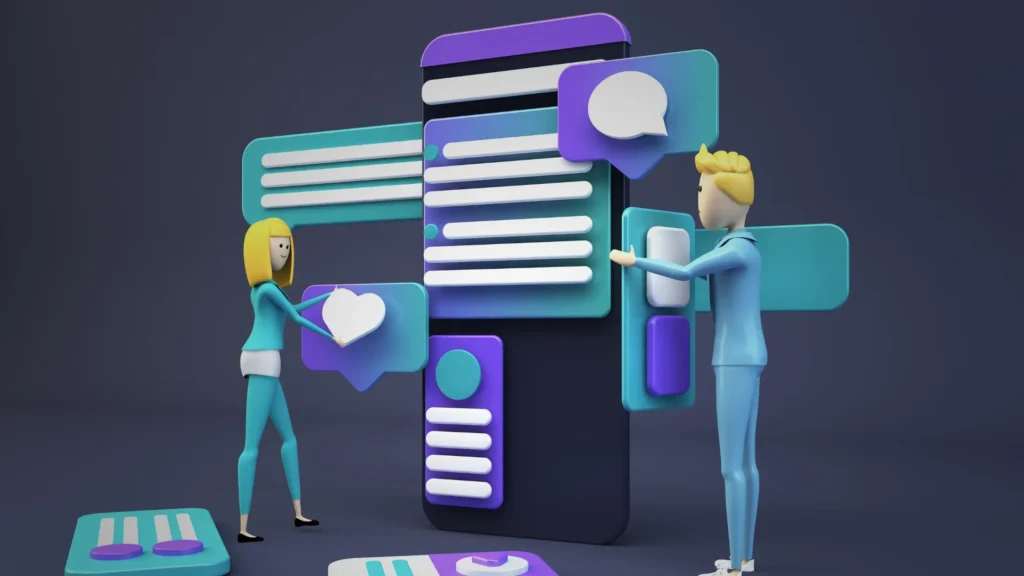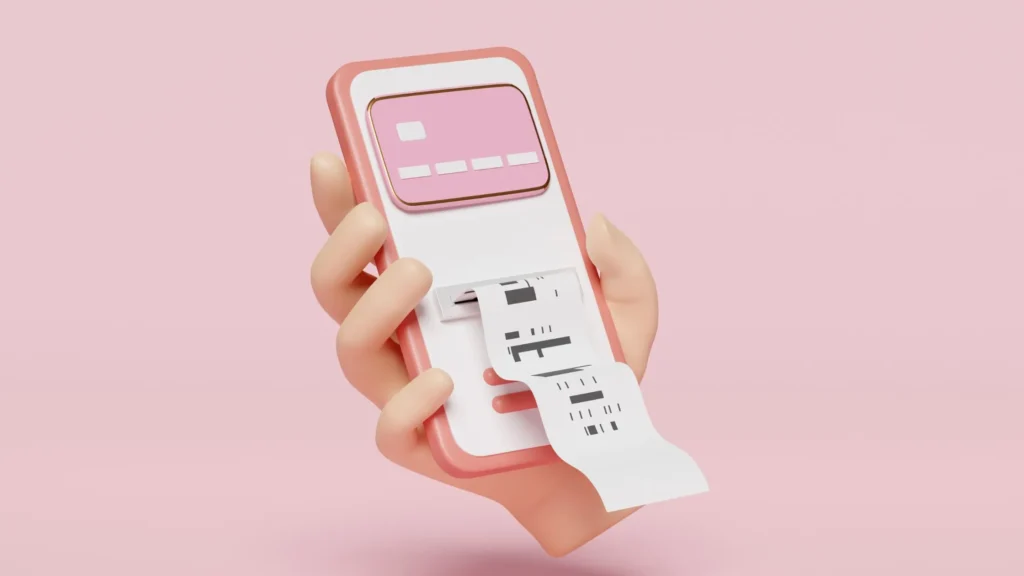You’re interested in discovering licensing options for Microsoft Power Apps, right? If so, Congrats! The time has come to make it happen!
You already know that Microsoft Power Apps is a robust platform that allows users to build and deploy custom business applications without extensive coding knowledge.
With its intuitive interface and robust features, Power Apps has gained popularity among organizations seeking to streamline processes and increase productivity.
Are you ready to explore the various licensing options Microsoft offers for Power Apps and provide insights into choosing the right choice for your business needs?
Let’s go ahead!

Understanding Power Apps Licenses
Before delving into the specific licensing options, it’s essential to grasp the core concept of licensing in the context of Power Apps.
Licenses determine the capabilities and limitations of users within the Power Apps ecosystem.
Microsoft offers different types of licenses to cater to varying user requirements and budgets.
Let’s explore these options in detail:
1. Power Apps Free
Power Apps Free is the most basic licensing option, allowing users to create and run canvas apps with limited functionalities. This license suits individual users or small teams requiring simple app development capabilities without additional premium features.
With Power Apps Free, you can build and share apps within your organization or even externally with limited access.
What are the limitations of Power Apps Free?
Power Apps Free has certain limitations compared to premium licenses. These limitations include restricted access to premium connectors, limited app-sharing options, and the absence of advanced enterprise-grade features.
2. Power Apps Per App
The Power Apps Per App licensing model offers more advanced features than the Free license.
It allows users to create and run canvas apps with enhanced capabilities per app.
This means you need to assign a license to each user using the specific app.
Power Apps Per App is ideal for organizations that require specific app functionalities for a subset of their users.
Are there any licensing options for on-premises deployments?
Microsoft Power Apps is primarily a cloud-based platform. However, Microsoft also offers Power Apps Portals, which allow organizations to build and deploy low-code web portals for external users.
Power Apps Portals have different licensing options tailored for portal users.
3. Power Apps Per User Plan
The Power Apps Per User Plan is a comprehensive licensing option that provides users access to all the premium features and capabilities of Power Apps.
This license is suitable for organizations where multiple users require full access to develop, run, and manage canvas and model-driven apps.
The Per User Plan includes integration with other Microsoft services, such as Power Automate and Common Data Service, enabling seamless app development and automation workflows.
Can I collaborate with external users using Power Apps?
Microsoft offers licensing options for external users, allowing organizations to grant limited access to Power Apps to external stakeholders such as customers, partners, or vendors.
4. Power Apps for Office 365
Power Apps for Office 365 is a licensing option specifically tailored for users with an Office 365 subscription.
This license allows users to create and run canvas apps within the Office 365 environment.
It provides a cost-effective solution for organizations primarily relying on Office 365 tools and requiring basic app development capabilities.
Can I share apps created with Power Apps Free externally?
You can share apps created with Power Apps Free externally by enabling guest access.
However, reviewing and ensuring compliance with your organization’s data-sharing policies and regulations is crucial.
5. Power Apps licensing for enterprises
Large organizations often have unique licensing requirements due to their scale and complexity.
Microsoft offers specialized licensing options for enterprises that provide additional features, capabilities, and support tailored to their needs.
These options include volume licensing programs, enterprise agreements, and dedicated support channels.
The enterprise licensing options for Power Apps enable organizations to deploy and manage custom applications at scale, ensuring a consistent user experience and seamless integration with other enterprise systems.
These options also provide enhanced security and compliance features to meet the stringent requirements of large organizations.
How do I choose the right licensing option for my organization?
To choose the right licensing option, consider the number of users, app requirements, integration needs, and budget constraints.
Evaluate your organization’s specific needs and compare them with the features and benefits offered by each licensing option.
6. Power Apps licensing for education and non-profit sectors
Microsoft recognizes the importance of education and non-profit sectors and offers licensing options specifically designed for these sectors.
These options provide discounted pricing and additional benefits to educational institutions and non-profit organizations, enabling them to leverage the power of Power Apps for educational or charitable purposes.
By making Power Apps accessible and affordable to these sectors, Microsoft aims to support their missions and help them achieve their goals more effectively.
Whether it’s creating educational apps for students or building applications to streamline non-profit operations, Power Apps licensing options for education and non-profit sectors make a positive impact.
Is there a trial period available for Power Apps licenses?
Microsoft provides a trial period for Power Apps licenses, allowing organizations to explore the platform’s capabilities before committing to a specific licensing option.
7. Power Apps licensing for developers
For developers who want to build and distribute custom applications using Power Apps, Microsoft provides licensing options tailored to their needs.
These options include the Power Apps per app plan for developers, which allows them to create and manage apps for internal or external use.
Additionally, developers can leverage the Power Apps developer plan, which offers a sandbox environment for testing and prototyping.
By providing dedicated licensing options for developers, Microsoft empowers them to innovate and create powerful applications using Power Apps.
These options give developers the flexibility and tools to build custom solutions that drive business growth.
What licensing options are available for developers using Power Apps?
Microsoft provides the Power Apps per app plan and the Power Apps developer plan for developers.
These options cater to the specific needs of developers and offer the tools and environments required for building and distributing custom applications.

Here’s how to choose the suitable licensing options
With so many licensing options available for Microsoft Power Apps, selecting the right one can be daunting.
To select the most suitable option, consider the number of users, app requirements, integration needs, and budget constraints.
Evaluate your organization’s specific needs and compare them with the features and benefits offered by each licensing option.
Additionally, consider future scalability requirements and the potential for integration with other Microsoft or third-party solutions.
Considering these factors will help you make an informed decision and maximize the value of your Power Apps investment.
Can I upgrade my Power Apps license?
You can upgrade your Power Apps license to a higher tier anytime.
Microsoft provides a smooth upgrade process, allowing you to unlock additional features and capabilities based on your evolving business needs.
Can I mix different types of licenses within my organization?
Yes, you can mix different types of Power Apps licenses within your organization.
This flexibility enables you to assign the most suitable license to each user based on their specific requirements, optimizing cost-effectiveness and functionality.











